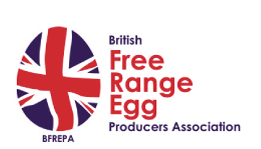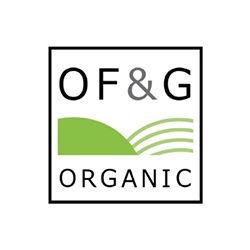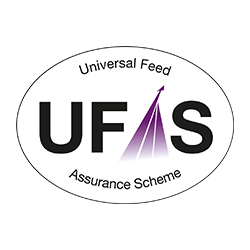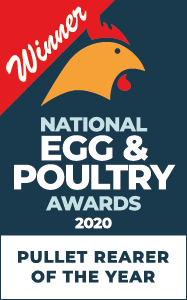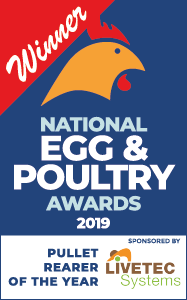The British Poultry Council (BPC) has highlighted reductions in antibiotics use in the poultry sector. On Tuesday, the Council published its 2017 Antibiotic Stewardship Report.
The report covers 2016, which BPC said was a year of enormous progress for the British poultry meat industry, marking as it did the end of prophylactic antibiotic use, the end of Colistin use (a ‘last resort’ antibiotic in human medicine), and the establishment of new antibiotic standards for Red Tractor Poultry Assurance (these will come into force in October 2017).
Over the period of 2012 to 2016 the UK poultry meat sector reduced its use of antibiotics by weight by 71% (23.72 tonnes in 2016), despite an 11% increase in production over the same period.
Commenting on Tuesday, BPC Chairman John Reed said, “We are delighted with the progress we’ve made, but there is more work to be done. Our Antibiotic Stewardship continuously reviews on-farm management practices to ensure sustainable use of antibiotics throughout our supply chain.”
BPC said antibiotic use, and antimicrobial resistance, in humans and animals are amongst the biggest health challenges faced on a global scale. The UK’s Chief Medical Officer, Professor Dame Sally Davies has said the issue poses a threat on par with climate change.
The industry group said it is taking the issue seriously, and highlighted that the poultry industry is the only livestock sector currently collating and publishing data in the UK. BPC said, “Data alone is not enough. We are committed to Clinical Governance and knowing how and why we use antibiotics. Livestock, like people, get ill, and will need antibiotics to preserve their health.”
Mr Reed added, “Our farmers and veterinarians need antibiotics in their toolbox to treat sick birds – zero use is not an option – and we will protect the health and welfare of our birds. We will safeguard the efficacy of antibiotics as part of sustainable food production, and we will continue to feed the nation.”
The Council said it will examine the link between antibiotics use on farms and the development of drug-resistant bacteria, and will continue to report on antibiotics use and research findings annually.
Responding to the report, Cóilín Nunan, scientific advisor to the Alliance to Save Our Antibiotics, said, “We welcome the large cuts to antibiotic use which have been made by the poultry industry since 2012, and are particularly pleased that in the past year the British Poultry Council has finally ended all routine preventative use of antibiotics and use of the human antibiotic of last-resort, colistin. The government should insist that the pig industry implements similar restrictions on its antibiotic use.
“Consumers, however, should also be aware that while the poultry industry has been reducing its use of medically important antibiotics, its use of non-medically important antimicrobials is at an all-time high of well over 300 tonnes and increased by nearly 100 tonnes in 2015. Some of these non-medically important antimicrobials may leave harmful residues in food, and there is also some evidence that the most widely used of them can increase resistance to medically important antibiotics. Non-medically important antimicrobials are used in poultry industry to control the disease coccidiosis which frequently affects intensively reared birds. They are also believed to help control necrotic enteritis, another disease associated with intensive conditions.”










